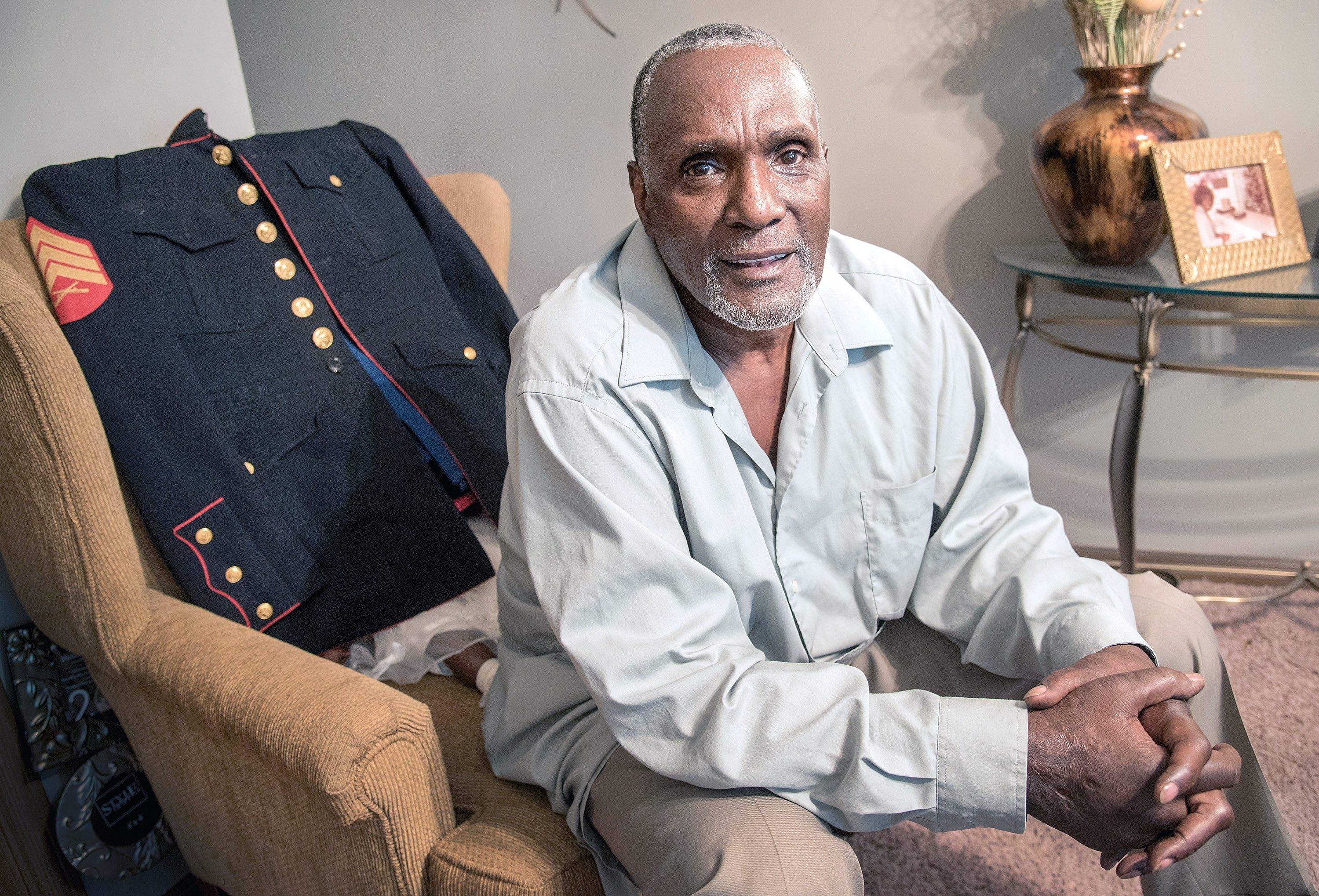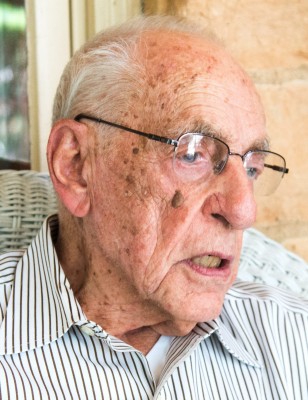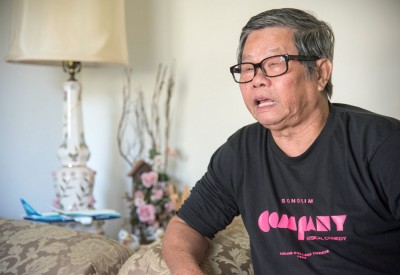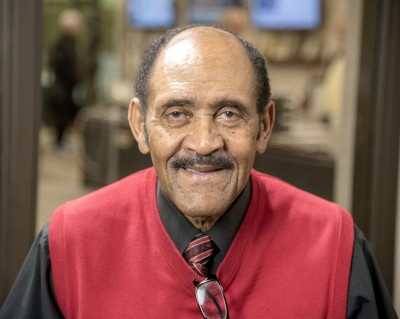Donald Hyche
By Paul Wood

Photo By Rick Danzl/The News-Gazette
CHAMPAIGN — When Sgt. Donald Hyche’s helicopter touched down on Vietnamese soil, the Huey had seven seconds to deliver troops or take away wounded or dead soldiers.
Hyche, 65, was a Marine door gunner on the Huey. In those seven seconds, Viet Cong sappers wrapped in bombs could be racing at the Marines.
In one case, he fired all 750 rounds on the belt of his M60 machine gun in a steady burst.
Hyche supplied amphetamines to crew members so they could stay sharp on missions.
“When they come to get you, you’d better be alert,” he says.
He pushed a frightened Marine — “he looked about 12 years old” — out the door when the young man would not jump. He dangled out of the Huey to rescue a man who refused the offer, afraid of heights.
“There were no rules in Vietnam,” Hyche says. “They came to die. You want to live.”
Proud of his enlistment in the Marines in his hometown of Chicago, he returned from Vietnam with repressed fears that he only later learned were signs he had PTSD.
He found himself unwelcome outside his military circle. He became addicted to drugs, and committed crimes to get money to buy them.
Only recently, with the help of counselors at the Veterans Affairs Illiana Health Care System in Danville, has Hyche come to grips with his panic attacks and his suppressed terrors that wife Sharon heard him muttering about in his sleep.
His enlistment ran from 1969 to 1973; the hardest of it was his time in Vietnam in 1970-71.
Wearing the uniform that made him so proud, Hyche landed in a Continental airliner near Danang, and almost immediately was in the thick of it. He encountered racism, and the enemy’s propaganda effort of shooting white soldiers and white Marines first.
It was months after he first fired his machine gun at the enemy before he saw anything but blood trails.
“They were like ghosts,” he says.
But in the attack when he fired off all of his rounds, Hyche saw “body parts everywhere, and still they kept coming.”
The Viet Cong and North Vietnam regulars gave as good as they got. Hyche saw a U.S. soldier “disintegrate” when he was hit by a Russian-made 122mm rocket.
“The Viet Cong carried rocket launchers that were taller than they were,” he recalls.
Sometimes, the Huey transported CIA agents, who wore uniforms with no insignia and carried .45 automatics. On some trips, the Huey made illegal incursions into Cambodia to disrupt the Ho Chi Minh Trail supply line.
Alcohol and drugs were everywhere. A can of beer was 15 cents.
“You could be drunk on the base at any time,” he says, and the drugs there were stronger and more plentiful than in America.
His life for a few years after leaving the Marines was muddled by addiction and alcohol.
Hyche came to Champaign in 1989 as part of a work-release program. He got married and straightened out. He held a variety of jobs — truck driver, carpenter, painter — before retiring recently.
His main message for other veterans: get help quicker than he did.
Hyche said he didn’t get much in the way of therapy for PTSD early in his life, and his experience at the VA Illiana Health Care System has helped him greatly.
“Go get some help,” he tells fellow veterans. “It’s not natural to go through what we did, and not talk to somebody about it.”
Do you know a veteran who could share a story about military service? Contact staff writer Paul Wood at pwood@news-gazette.com.
Read more stories from local veterans:
 Richard Cogdal
URBANA — Besides winning medals for serving at sea off Iwo Jima and Okinawa, Richard Cogdal touched history when he had …
Richard Cogdal
URBANA — Besides winning medals for serving at sea off Iwo Jima and Okinawa, Richard Cogdal touched history when he had …
 Bon Bui
URBANA — Wounded six times in battle, Major Bon Bui spent 13 years starving in a prison and being “re-educated” in commu …
Bon Bui
URBANA — Wounded six times in battle, Major Bon Bui spent 13 years starving in a prison and being “re-educated” in commu …
 Peter Thomas
RANTOUL — When he heard the shout “incoming!”, Peter Thomas had the training to get out safely from the burst of Russian …
Peter Thomas
RANTOUL — When he heard the shout “incoming!”, Peter Thomas had the training to get out safely from the burst of Russian …